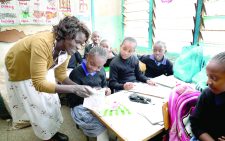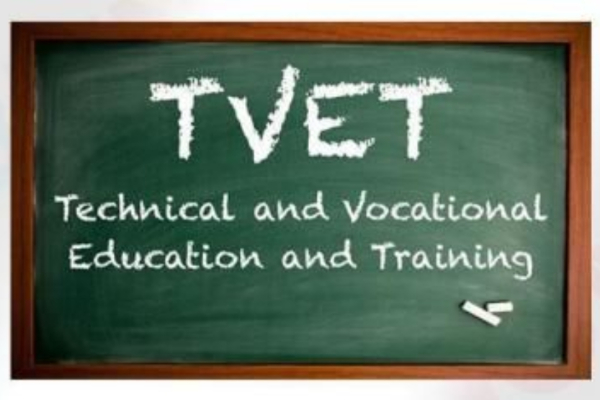On education reform, it’s same game with old rules

As education reform moves ahead and transition points abound (transition to Grade Nine is here), one is left wondering what Jogoo House B and the Kenya Institute of Curriculum Development are using to guide the reform process. Is the compass working? Where is the true North of the process?
Technocrats and Ministry of Education bureaucrats are all busy churning out guidelines on what ought to be done and how it should be done from the comfort of their boardrooms. One is made to wonder: where is the feedback loop from teachers, parents and other stakeholders in the whole process? Is it true that the only meaningful and or substantive feedback from the implementation of the Competency-Based Curriculum received is the reduction of learning areas?
Even though the approaches they are using are dated and anchored on policy and practice documents, they feel, taste and read like old textbooks. Are we not playing the same game with the old rules?
Where are laboratories in Junior Secondary Schools? Where are the staffing Norm Guidelines? Where are the guidelines on managing hidden costs around uniforms (including shoes, socks, branded books, etc.)
To reform education in Kenya, we need deep emotional strengths, and tactical and psychological discipline that the current Jogoo House B team does not seem to possess.
The singular aggressive approach used is not ideal when your ultimate desire is to have the whole nation aboard the reform wagon. The statement that the train has already left the station and there is no stopping only rings hollow and has an eerie effect.
The closed-ended questions the education reform poster boys and girls keep throwing at citizens are not helping their cause.
No matter how we dress our education reform process in theories, we are first and foremost acting from our deeply held invisible and inchoate fears, needs, perceptions and desires. The honchos want to push an agenda from one point to the next – at whatever cost.
The bureaucrats at Jogoo House B are dealing using long-held traditions, cultures, and approaches that form the mosaic of the seat of education in Kenya and any contrary opinion and or a differing approach reads like opposition to the reform agenda.
The bureaucrats have a script, and built on a false edifice of rationality is of course the scripted process. They have a script to be followed, a predetermined sequence of actions, participation points, and lightning-speed points, all designed in a specific order to bring out a particular outcome. It is as if they are dealing with a robot, that if you did 1, 2, 3 and 4 in a certain fixed way, you will get to 10. However, the real context issues in education are far too unpredictable and multifaceted for such a sequence to always be obtained. You may have to do 1, then 5 and maybe 8 for you to get a semblance of what you wished for.
We need to live with the fact that the real world at the points of service delivery (schools and communities) are not laboratories. The nuances abound and the bureaucrats need to climb down from the citadel that is Jogoo House B and smell the coffee.
Let us engage in a proper national discourse on education reform rather than talking about parents, learners and communities of stakeholders.
Let us listen to the lone voices in the wilderness … they may be telling the nation something. They are not idle, busybodies. They may be alone but insightful and do more justice to the country than we have thought of them.
Even the eagle knows when to hibernate from the skies to go and grow new talons and feathers. Over to you, Bwana Cabinet secretary at Jogoo House B!
— The writer is a Strategy and Education Policy Expert-















